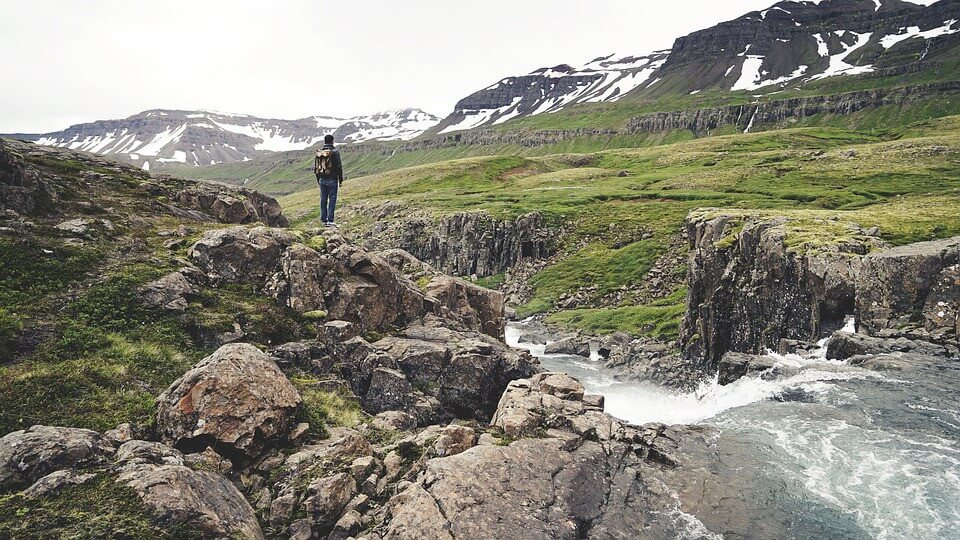Investing in a high-quality sleeping bag is crucial for outdoor enthusiasts, campers, hikers, and backpackers. A good sleeping bag provides comfort, warmth, and protection during outdoor adventures. To determine if a sleeping bag will be a good investment or not, consider the following factors:
Temperature Rating:
The temperature rating of a sleeping bag indicates the lowest temperature at which it will keep you warm. Remember that personal preferences and metabolism can also affect your comfort level. If you plan to camp in various seasons, consider a sleeping bag with a broader temperature range or one that allows for ventilation in warmer conditions.
Weight and Packability:
Weight and packability are important factors if you carry your sleeping bag on backpacking trips or long hikes. Look for lightweight and compressible options that won’t take up too much space in your backpack. However, remember that ultralight sleeping bags may come at a higher price point.
Durability:
A good sleeping bag should be durable and withstand frequent use and outdoor conditions. Reinforced stitching, quality fabric, and robust zippers contribute to the overall durability and longevity of the sleeping bag.
Comfort and Fit:
Comfort is key when it comes to a sleeping bag. Consider the shape and size of the sleeping bag and features such as a hood, draft collar, or draft tubes. Some sleeping bags are designed with a mummy shape for better heat retention, while others offer more room for movement. Choose a sleeping bag that accommodates your body size and style to ensure a comfortable night’s sleep.
Brand Reputation and Reviews:
Research the reputation of the brand and read reviews from other users. Established brands with a history of producing high-quality outdoor gear are more likely to deliver reliable products. Reviews can provide valuable insights into a particular sleeping bag model’s performance, durability, and comfort. Consider feedback from experienced outdoor enthusiasts who have used the sleeping bag in various conditions.
Price:
While price shouldn’t be the sole determinant of quality, it’s essential to set a budget and consider the value for money. Expensive sleeping bags may offer advanced features and superior materials, but they may not be necessary for all camping or hiking trips. Assess your needs, compare prices, and balance your budget with the desired features and quality.
Warranty and Customer Support:
Check if the sleeping bag comes with a warranty or guarantee. A warranty indicates the manufacturer’s confidence in its product. It’s also worth considering the reputation of the company’s customer support in case you encounter any issues or need assistance with your sleeping bag.
Personal Preference:
Ultimately, personal preference plays a role in determining whether a sleeping bag will be a good investment. Everyone has different preferences regarding warmth, comfort, and features. Consider your specific needs, sleeping habits, and the outdoor activities you’ll be engaged in.
